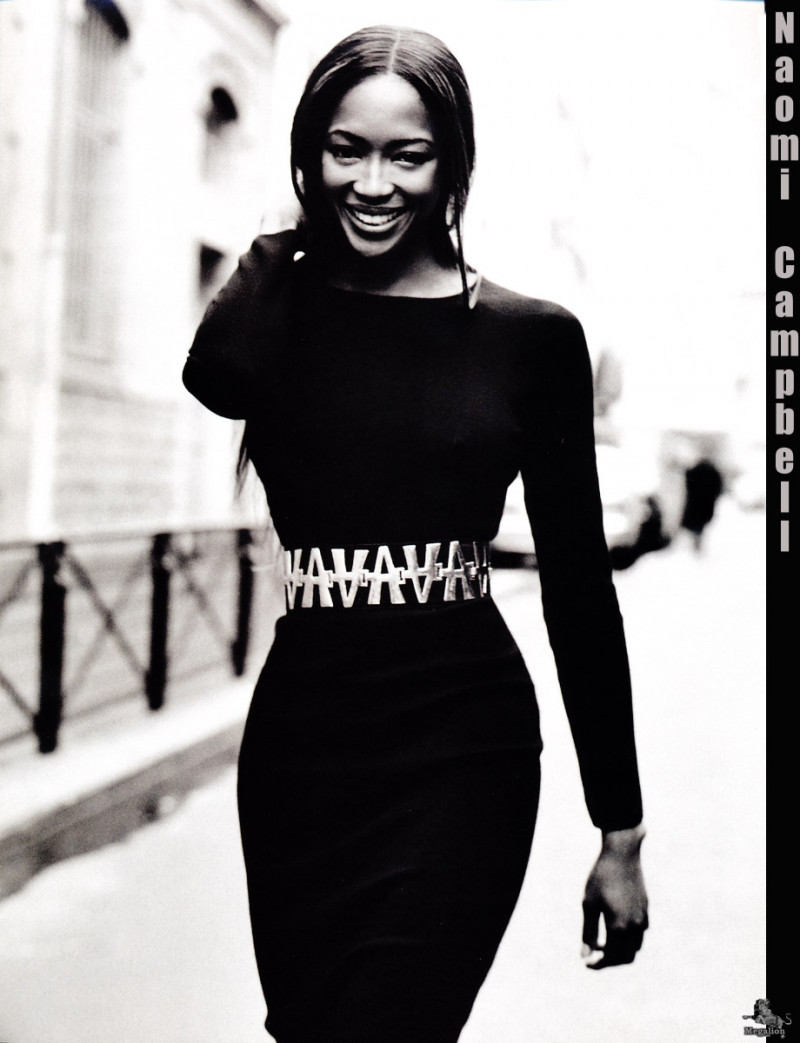Campbell’s costs and journalists’ sources
 “Even the judges know who Naomi Campbell is”. At least Baroness Hale of Richmond does, since this is how she began her speech in Campbell v MGN [2004] AC 457, [2004] UKHL 22 (6 May 2004), in which she was a member of the majority which held that aspects of the Mirror‘s coverage of Naomi Campbell’s fight against narcotics addiction – in particular, the publication of photographs which did not advance the public interest in the story – infringed her privacy. Today, in MGN v UK 39401/04 (18 January 2011) the Fourth Section of the European Court of Human Rights (ECHR) held that this holding did not infringe Article 10 of the European Convention on Human Rights. Campbell was awarded £3,500 for that invasion of privacy. For the appeal to the House of Lords, she had retained solicitors and counsel pursuant to a conditional fee agreement (“CFA”) which provided that if the appeal succeeded, solicitors and counsel should be entitled to success fees of 95% and 100% respectively. For the appeal to the House of Lords, legal fees were £288,468; and the success fees were £279,981.35; so the total fees were £594,470. Adding in the fees at first instance and before the Court of Appeal, Campbell’s costs amounted to a total of £1,086,295.47.…
“Even the judges know who Naomi Campbell is”. At least Baroness Hale of Richmond does, since this is how she began her speech in Campbell v MGN [2004] AC 457, [2004] UKHL 22 (6 May 2004), in which she was a member of the majority which held that aspects of the Mirror‘s coverage of Naomi Campbell’s fight against narcotics addiction – in particular, the publication of photographs which did not advance the public interest in the story – infringed her privacy. Today, in MGN v UK 39401/04 (18 January 2011) the Fourth Section of the European Court of Human Rights (ECHR) held that this holding did not infringe Article 10 of the European Convention on Human Rights. Campbell was awarded £3,500 for that invasion of privacy. For the appeal to the House of Lords, she had retained solicitors and counsel pursuant to a conditional fee agreement (“CFA”) which provided that if the appeal succeeded, solicitors and counsel should be entitled to success fees of 95% and 100% respectively. For the appeal to the House of Lords, legal fees were £288,468; and the success fees were £279,981.35; so the total fees were £594,470. Adding in the fees at first instance and before the Court of Appeal, Campbell’s costs amounted to a total of £1,086,295.47.…






